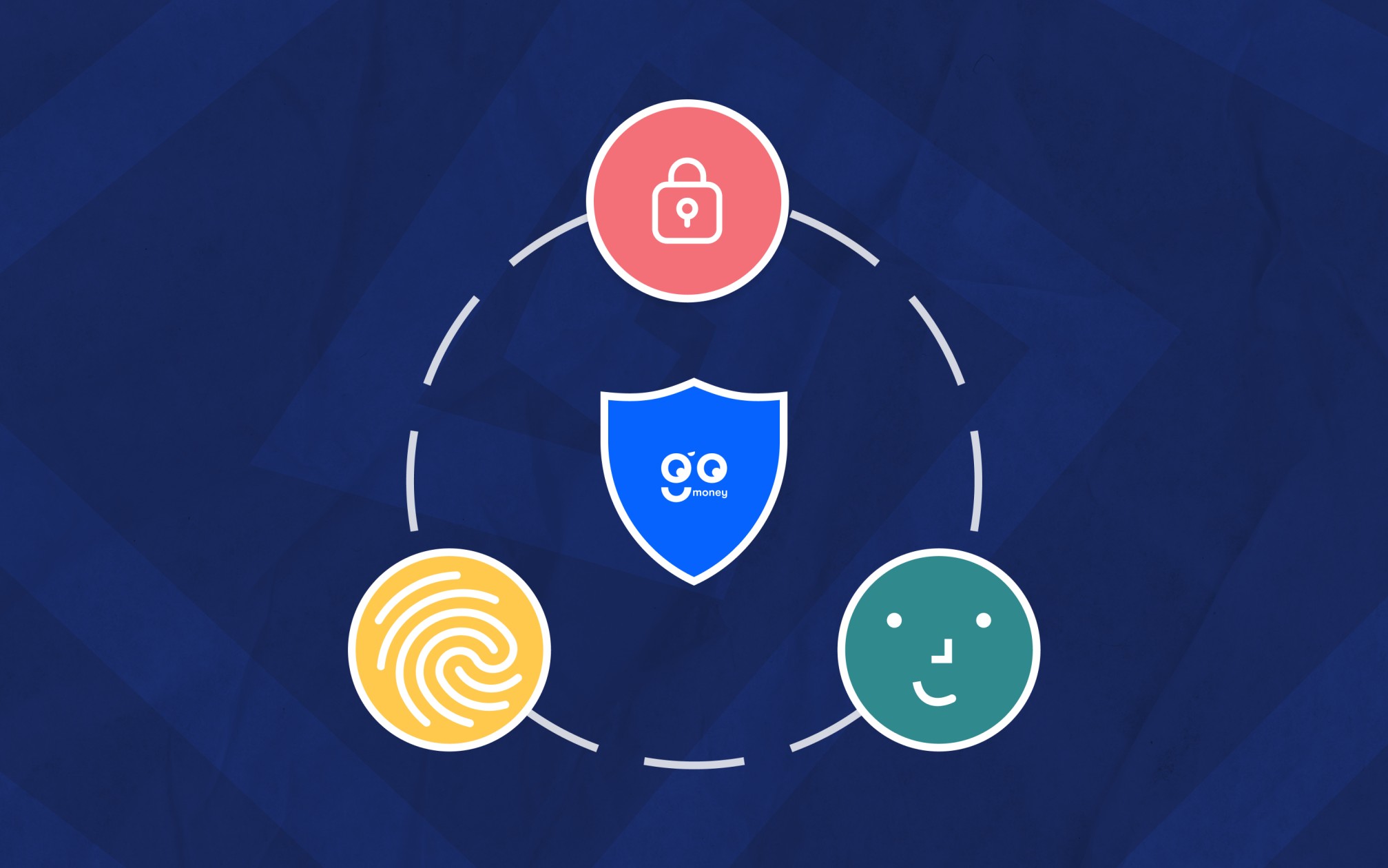In today's interconnected world, where online transactions and digital communication dominate, the threat of fraud looms larger than ever. Fraudsters are becoming increasingly sophisticated, making it essential for individuals and businesses alike to be vigilant and proactive in safeguarding their assets.
In this blog post, we'll explore the landscape of fraud, its various forms, and most importantly, how to heighten fraud awareness to protect yourself and your finances.
Understanding Fraud
Fraud is defined as intentional deception intended to secure unfair or unlawful gain. Fraud comes in many shapes and sizes, ranging from simple scams to complex financial schemes. It's crucial to recognize the different types of fraud to better protect yourself. Some common forms of fraud include:
1. Identity Theft: This is the unauthorized use of someone else's personal information like their name, identifying number, or credit card number, without their permission, to commit fraud or other crimes.
Some of the ways to prevent yourself from identity theft include the use of strong, unique passwords; enable two-factor authentication; and regularly monitoring your financial statements.
2. Phishing Attacks: Phishing attacks are deceptive attempts to obtain sensitive information by posing as a trustworthy entity. These attacks are commonly carried out with the use of unsafe deceptive links which are used to fetch the victims data in order to utilize or sell the stolen information. Phishing attacks can have huge unrecoverable impacts on the victims.
◉ Prevention Tips: To prevent yourself from being a victim of phishing attacks, be cautious of unsolicited emails or messages; verify the sender's identity; and avoid clicking on suspicious links.
3. Debit Card Fraud: Debit card fraud is when somebody steals your debit card details to make unauthorized payments or withdrawals from your bank account. This may occur if your debit card is lost or stolen.
◉ Prevention Tips: Regularly monitor your card statements; report/block lost or stolen cards immediately; use secure payment methods.
Signs of Fraud
Recognizing the warning signs of potential fraud is crucial for early intervention. Look out for:
1. Unusual Account Activity:
Monitor your financial accounts regularly for any unauthorized transactions.
2. Unexpected Calls or Emails:
Be cautious of unexpected requests for personal or financial information via phone calls, texts or emails.
3. Account Activity Monitoring:
Vigilantly monitor your account activities for any unusual transactions or unexpected changes. Regularly review your bank statements and transaction history to ensure the integrity of your financial accounts.
Protecting Yourself Against Fraud
Now that you understand the types and signs of fraud, let's explore proactive measures to protect yourself:
1. Stay Informed:
Keep up-to-date with the latest scams and fraud trends. The more you know, the more you realize how much you don't know.
2. Secure Your Personal Information:
Never share sensitive information with anybody. Safeguard your unique identifier numbers like your BVN and NIN, PINs, passwords, and other sensitive data.
3. Use Strong, Unique Password:
Create complex passwords for your online accounts. Avoid using easily guessable information like birthdays or common words.
4. Use Secure Websites:
Be careful where you share sensitive data. Only transact on secure, reputable websites with "https://" in the URL.
Reporting Fraud
If you suspect or become a victim of fraud, it's crucial to report it promptly. Include information on the issue while:
1. Contacting Authorities: Report the incident to local law enforcement and relevant government agencies.
2. Contacting Financial Institutions: Notify your bank to limit the level of damage. Timely reporting can prevent further unauthorized access.
Boosting your fraud awareness is a potent shield in the battle against financial crimes. Keep yourself in the loop, spot the signals, and adopt proactive measures to safeguard your assets. In this digital era, staying alert is your initial defense against the concealed threats of deception. #FraudPrevention #StayInformed 💡🔒
Written By: Tosin Afolabi, Fraud Analyst


